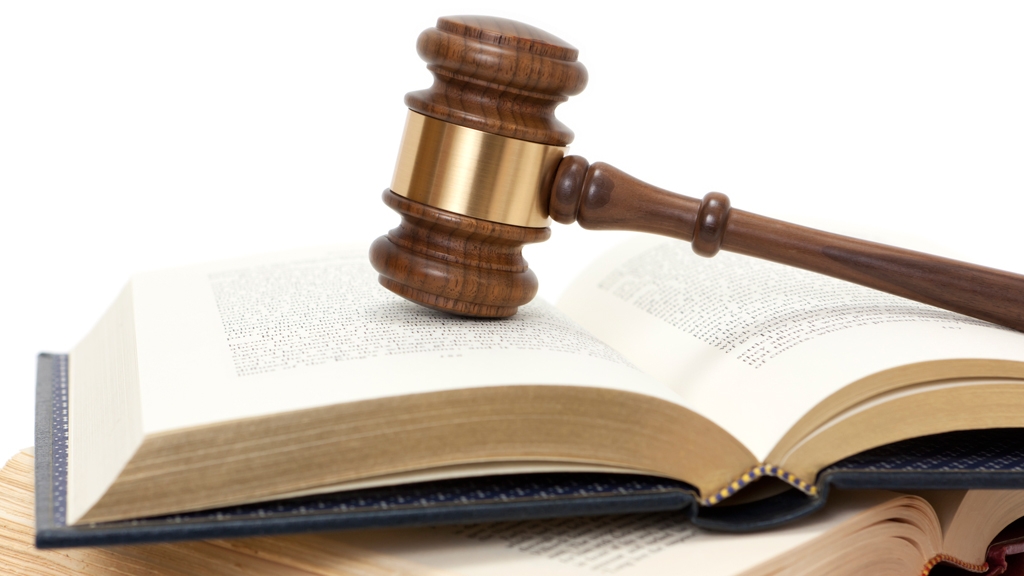Commentary on Parashat Vaetchanan, Deuteronomy 3:23-7:11
Vaetchanan confronts us with an apparent redundancy. Several admonitions throughout the Torah portion command us to observe the laws taught by Moshe [Moses]. Then, toward the end of the portion, we are told, “And you shall do that which is right and good in the eyes of God.”
What new instructions does this verse add? Surely, doing what is “right and good” is already a part of the numerous injunctions already presented. If one observes all the commandments and prohibitions set forth in the Torah, does he not accomplish what is “right and good in the eyes of God?” What new obligation does this verse apply?
Both Rashi and the Ramban understand this verse to denote a level of behavior that is lifnim mishuras hadin, above the letter of the law. To appreciate the full spirit of the law, one needs to read between the lines of the Torah, and one who does this shows a sincere desire to observe Hashem’s bidding.
The story is told of a poor man who came to the Brisker Rav on Erev Pesach (the day before Passover) with a question. Could he use milk instead of wine for the four Cups instead of wine for the four Cups at the Seder?
With your help, My Jewish Learning can provide endless opportunities for learning, connection and discovery.
The Brisker Rav didn’t reply. Instead he took five rubles from his pocket and gave them to the man. The Rav’s wife wondered why he had given the man so much money. “Wouldn’t one ruble have been enough for wine?” she asked.
“True,” the Brisker Rav answered, “but if he was planning on drinking milk throughout the seder, that means he had no money for meat either. I gave him enough for both wine and meat.”
The Brisker Rav combined keen perception with adherence to the spirit of the law, for though he could have answered the poor man’s question, he went the extra mile to ensure that the poor man would fulfill the mitzvot (commandments) of Pesach as well as enjoy its festive spirit.
A similar precept is encapsulated in the verse, “You shall be holy, for I the Lord your God am holy.” It is possible, the Ramban comments, for a person to keep the letter of the law while violating its spirit, thus becoming a naval birshut hatorah–a degenerate within the confines of the Torah. The Torah commands us to be holy, to sanctify ourselves even in those circumstances that are permitted according to the strict interpretation of the law.
These two verses complement each other. “You shall be holy” tells us to take a step back in order to uphold the spirit of the law. It tells us that even though a certain act seems permitted, we must nevertheless demonstrate self restraint to prevent the spirit of the law from being violated. In doing so we become holy.
At the same time, “You shall do that which is right and good” tells us to take a step forward in order to promote the spirit of the law. Though we may find ourselves in situations where we feel we can sit back and not get involved, the spirit of the Torah demands that we take initiative and get involved.
The Talmud states that Jerusalem was destroyed because her inhabitants failed to raise their standard of behavior above the letter of the law.
It is therefore fitting that Va’et’hanan is always read on Shabbat Nachamu, the Shabbat of Comfort, which follows Tisha B’Av. If we live up to the message of this Torah portion by doing what is “right and good in the eyes of God,” we will be deserving of redemption and merit the rebuilding of the Temple.
Reprinted with permission from the Orthodox Union.
parsha
Pronounced: PAR-sha or par-SHAH, Origin: Hebrew, portion, usually referring to the weekly Torah portion.
Pesach
Pronounced: PAY-sakh, also PEH-sakh. Origin: Hebrew, the holiday of Passover.
Shabbat
Pronounced: shuh-BAHT or shah-BAHT, Origin: Hebrew, the Sabbath, from sundown Friday to sundown Saturday.
Talmud
Pronounced: TALL-mud, Origin: Hebrew, the set of teachings and commentaries on the Torah that form the basis for Jewish law. Comprised of the Mishnah and the Gemara, it contains the opinions of thousands of rabbis from different periods in Jewish history.
Torah
Pronunced: TORE-uh, Origin: Hebrew, the Five Books of Moses.



